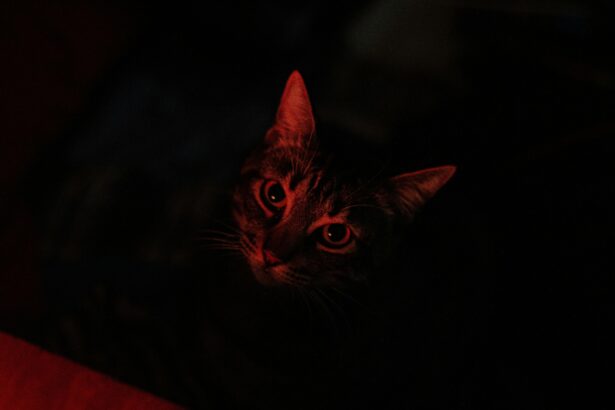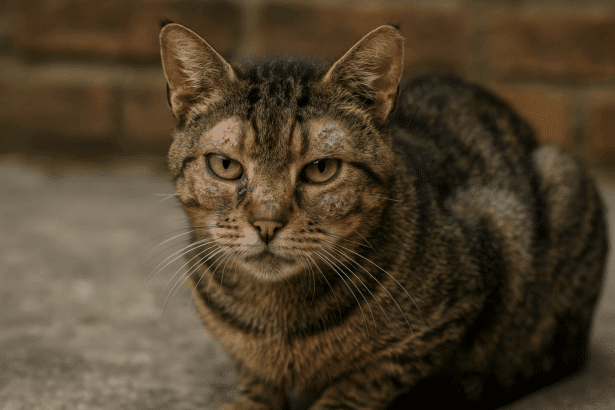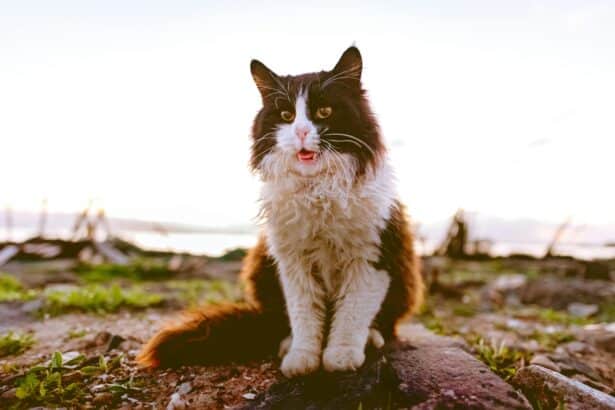Adopting a cat is a decision that brings great joy and comfort. That said, the cost associated with adopting and maintaining a cat can sometimes come as a surprise to prospective pet owners. The aim of this article is to give you a clearer idea of how much a cat really costs throughout its life.
The initial cost of buying a cat
The initial purchase of a cat depends mainly on three factors: breed, age and origin. Rare and popular cat breeds are generally more expensive than lesser-known breeds. For example, you can expect to pay between 500 and 1000 euros for a British Shorthair cat, while a rarer breed such as the Sphynx can cost up to 1500 euros.
As for age, kittens are generally more expensive than adult cats, as they are more in demand. Buying a cat from a reputable breeder or pet store that takes good care of its animals can also increase the price compared to adopting from a shelter, where prices are generally lower to encourage adoption.
What’s more, it’s important to bear in mind that the initial purchase of the cat is often only a small part of the total cost of owning a cat. Additional costs, such as vaccinations, spaying or neutering, microchipping and the first visit to the vet, can quickly add up.
The daily cost of cat care
After the initial purchase, running costs are the main expense for a cat owner. The most obvious cost is food. Cats need a balanced, nutritious diet to stay healthy, which on average can cost between 15 and 50 euros a month.
These costs may vary depending on the type of food you choose for your cat. Options include dry feeding, wet feeding and sometimes a combination of both. Special diets, such as those for cats with kidney problems or allergies, can also entail additional costs.
Other common expenses include litter, hygiene and grooming products, toys to stimulate their curiosity and well-being, as well as various accessories such as cat trees, scratching posts, beds, bowls and so on. A monthly budget for these items is usually between 15 and 30 euros.
The cost of cat health care
Even with proper nutrition and care, your cat may need occasional or regular health care. Annual check-ups, vaccinations, parasite treatments and sterilization are just some of the veterinary costs you can expect to incur.
Although each veterinary clinic has its own rates, a routine health check-up can cost between 30 and 60 euros, vaccinations generally cost between 50 and 100 euros a year, and spaying or neutering can cost between 100 and 200 euros.
It’s also worth mentioning that older cats are likely to have more health problems than younger cats, which can increase veterinary costs as they age. For this reason, pet insurance is an option that can help cover the costs of unexpected health care, including surgery, prescription drugs and emergency care.
Taking optional charges into account
Beyond the costs of basic cat care, there are also a variety of optional expenses that can improve your furry friend’s quality of life.
Professional grooming, for example, can help keep your cat healthy and comfortable, especially if it’s a long-haired breed. You can also consider training your cat to use the toilet, not to scratch furniture, etc. What’s more, if you’re going on vacation and can’t take your cat with you, the cost of cat boarding or a pet-sitter can also add to your annual budget.
In conclusion, although the cost of cat ownership can vary according to many factors, it’s essential to have all the information you need to make an informed decision. Having a cat in your life can bring priceless joy and satisfaction, but it also means long-term financial responsibility. That’s why it’s important to think carefully before adopting a cat, to make sure you can meet all its needs throughout its life.






